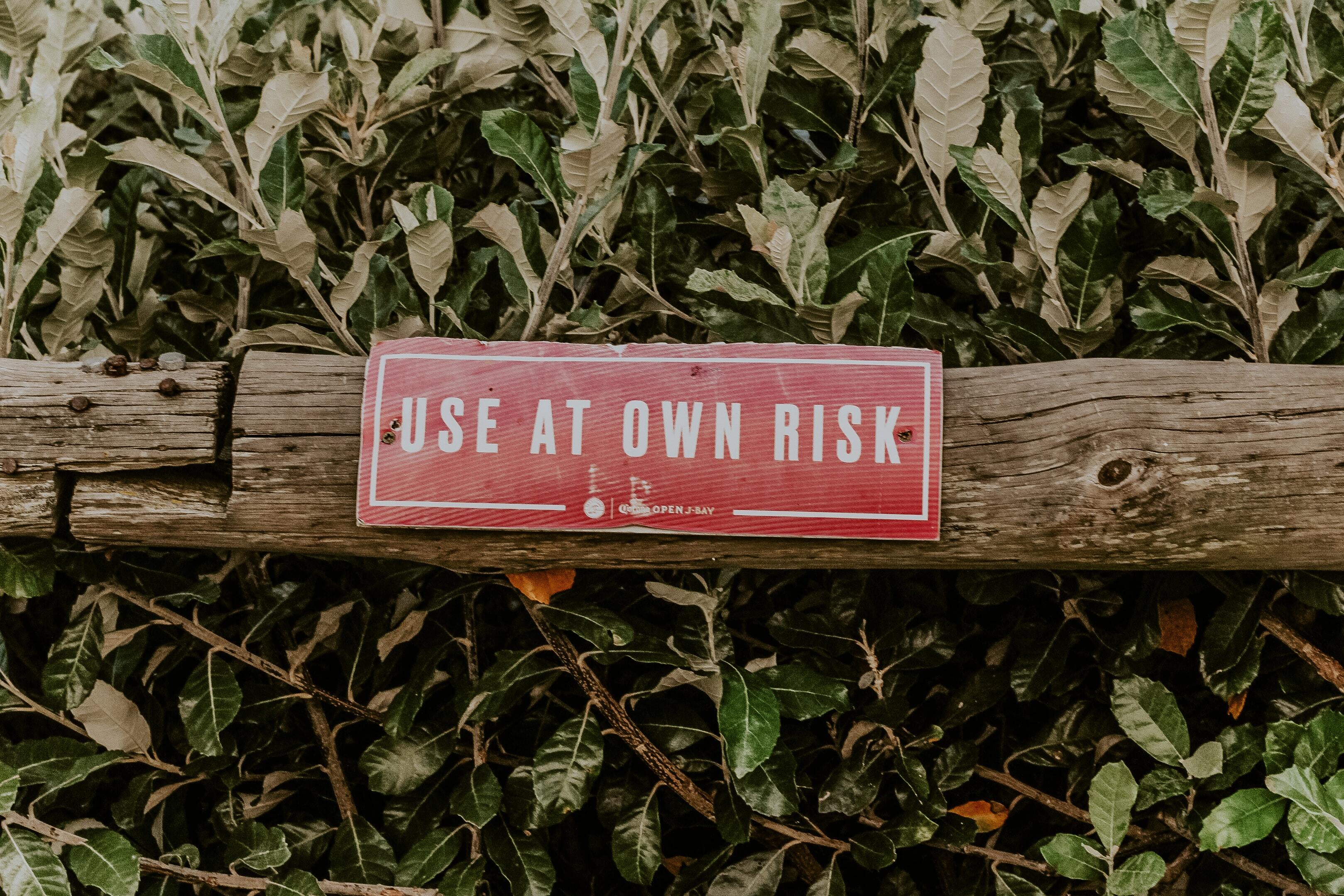Risks, Insurance, and You

To many people, risk may mean an uncertain situation.
If we looked at a dictionary definition, we would discover that a risk can be defined as; exposure to danger, harm, or loss. So, for the purposes of insurance, we could say that a risk is uncertainty concerning a loss.
Using this definition, in a risk situation we are not sure what would be lost, or even the extent of a loss. It is this vagueness concerning any given risk proposition which displays the utility of insurance. A great example of this can be found in the definition of insurance; the equitable exchange of risk from one party to another for a predetermined fee.
Because risks exist, by paying another party (namely the insurance company) you are able to transfer the consequences of a loss to your insurance policy.
However, it is important to realize that not all risks, and losses, are equally created.

Types of Loss
If a risk is something that will result in a loss, then we will likely need to understand exactly what we are going to lose. Most losses occur within 3 distinct areas.
Financial Loss
The loss causes you to lose money or assets. A financial loss would be the theft of a computer, or a flood in your office interrupting business operations.
Physical Loss
The is in respect of your physical person. Being maimed and losing an arm in a car accident, or experiencing death would both be examples of a physical loss.
Emotional Loss
An emotional loss would be the feelings of grief and sorrow following a traumatic event. PTSD and Phobias following an accident would be examples of emotional loss.
With regards to insurance, because only Physical and Financial losses are quantifiable, it is only these losses which can be insured. Attaching a monetary value to an emotional loss is extremely difficult; while some forms of insurance will allow for the treatment of emotional and psychological problems, emotional losses are not the primary risk for any insurance products.

Types of Risk
When it comes to insurance obviously one of the most critical components to understanding the risk, and equitably exchanging it, will be determining what the financial outcomes of the risk will be. Risks always fall into one of two categories:
- Pure Risks
- Speculative Risks
The difference here is that Pure Risks only offer the possibility of loss, speculative risks offer the potential of a gain or a loss. The difference would be akin to your house burning down versus opting to play a hand of blackjack at a Macau casino.
Your home being destroyed by fire is a pure risk – you are not going to profit by losing your housing. Contrasting this, you could profit off your gambling activities in Macau even though that is considered a risk. Consequently, in Hong Kong it is normally only pure risks which are able to be covered through insurance.
However, there is a second part to this. Not only are we looking at the financial consequences of any given risk, we also need to understand the causes for any given risk if, as an insurance company, we are going to equitability offset it through a policy of coverage.
The second part of classifying a risk is determining its cause and effects. In this regard there are two further categories:
- Particular Risks
- Fundamental Risks
Particular risks impact a very small group of people, or possibly only a single person. Fundamental risks are much wider in their effects and are outside the control of any one individual. Having your wallet stolen under a home insurance plan would be an example of a particular risk; the loss only impacts you. However, a country-wide famine (or a global pandemic) would be fundamental risks – the loss impacts society on a large scale and cannot be controlled by a single individual, or even a group of people.
As such, it is particular risks that are normally covered. And, for more specificity, we can say that insurance (on the whole) deals with covering losses arising from Pure Particular Risks.

Risks and Insurance in Hong Kong
As previously stated, insurance is a mechanism by which the policyholder is able to transfer their risks. The primary benefit of insurance would then be the financial compensation of a policyholder following a loss. This enables business to survive liability issues and negligence claims, and ensures that individuals are not financially devastated after a car accident or hospital stay.
But there are secondary benefits of insurance which cannot be understated. For example, with Car Insurance and Employee’s Compensation Insurance coverage, not only is the policyholder offsetting their risk of loss or liability, they are also satisfying their legal requirements of the Hong Kong government. Further to this, having an insurance policy in place can promote efficient risk management and use of resources. Credit Lenders may wish to see proof of insurance before they authorize a mortgage, or offer trade credit for a new business acquisition.
Although Hong Kong insurance companies will usually only underwrite (that is to say, insure or cover) Pure Particular Risks, there is actually a wide range of coverage and myriad risk management solutions available within the local insurance market.
Insurance is normally viewed as a chore, something which needs to be sorted out so you can license your car each year. While this is true, in some respects, there is far more going on with insurance than it may first seem. Businesses taking out appropriate and comprehensive coverages can find themselves with the freedom to make choices they would have avoided previously. Individuals with coverage are able to live their life with the freedom of knowing they have support as, and when they need it.

Cover Your Risks, Consider Insurance Today
The only two mandatory forms of insurance coverage in Hong Kong are Car Insurance and Employees Compensation Insurance, all other forms of coverage are completely voluntary. This means that many people often do not consider insurance until it is absolutely necessary – for example, they may be buying an engagement ring, and only then thinking about Home Contents Insurance.
But that doesn’t stop them from having their watch stolen in Mong Kok before they purchase the ring that inspired them to obtain coverage.
If the last two years have taught us anything its that life happens unexpectedly. Risks, and unforeseen situations occur. Even with extensive contingency planning, and options for continuation, when the unexpected shows up, there can be a loss. If you’re not adequately prepared for that loss, you will suffer the consequences. Whether this is getting sick and needing a long term stay in Hospital, or it’s a typhoon cancellation to the party you are organizing, insurance can help.
If you would like to know more about the different insurance plans in Hong Kong please click any of the below links:
- Health Insurance
- Life Insurance
- Car Insurance
- Maid Insurance
- Employees Compensation Insurance
- General Insurance
- Business Insurance
- Specialist Insurance
- Directors and Officers Insurance
- AND MANY, MANY MORE
The expert brokers at CCW Global can help you to decide which coverage works best for your specific needs. All advice we offer is provided on a no-cost, no-obligation basis; you will never be pressured to purchase any Hong Kong insurance policy which does not do exactly what you need it to do.
For more information, or to receive a free quotation from an expert Hong Kong Insurance Broker, please Contact Us Today.



